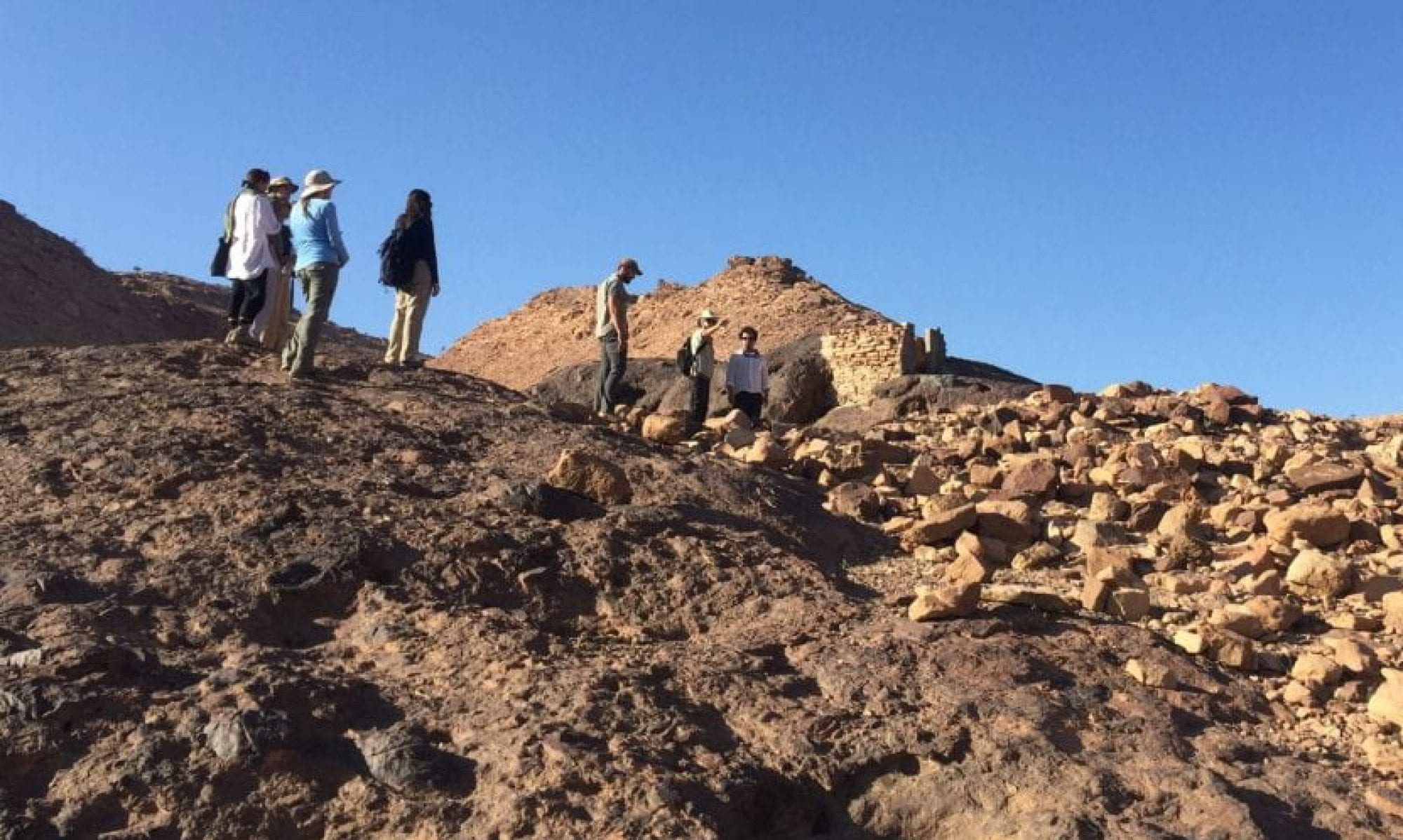Islamic Archaeology
Conquest to Conversion: The Formation of the Islamic World
ARCH 1620 | Tu/Thu 10.30-11.50 | Rhode Island Hall 008
Corisande Fenwick
How did a small group of tribes from Arabia create one of the largest empires the world has ever seen and how did their religion – Islam – come to be a major world religion? This course challenges monolithic understandings of life in the early Islamic world by highlighting its vibrant cultures, sophisticated technologies, complex cities, monumental architecture and far-reaching commercial networks. Following in the footsteps of Arab-Muslim soldiers, scholars, traders, explorers and missionaries, we will move between Arabia, the imperial centres of Baghdad and Damascus and the furthest reaches of the Arab-Islamic world from Spain to sub-Saharan Africa and the Indian Ocean. We will use the evidence of texts, landscapes, architecture and images to examine how an Arab empire emerged, to explore what it meant to be Muslim and/or Arab, and to understand social life in the first three centuries of Islam (600-900CE).
To view all blog posts for this class, click on Islamic Archaeology in this site’s dropdown menu.
